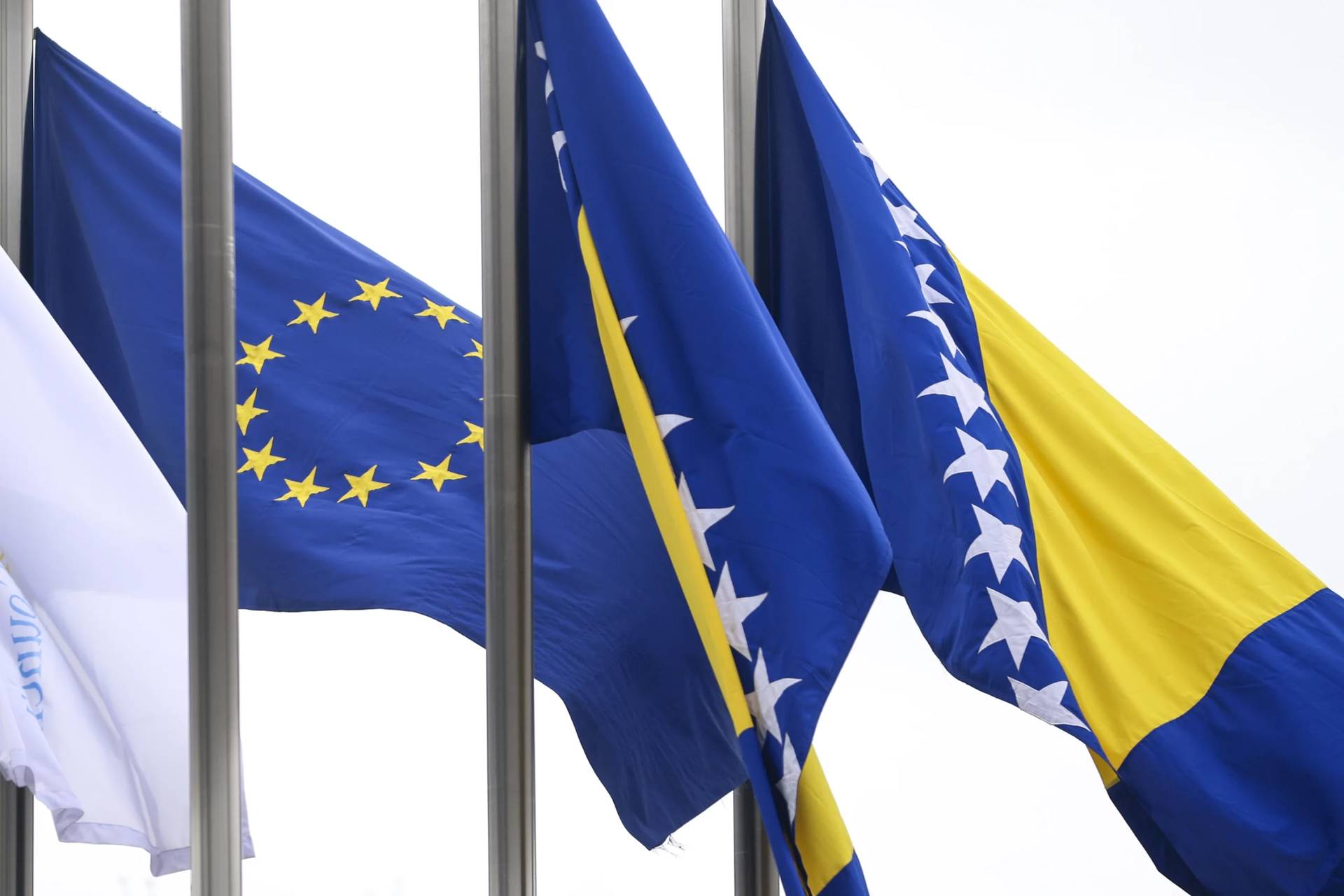ROME – Heading into the 2014 Synod of Bishops on the family, the granddaddy of all controversial issues was the idea of allowing Catholics who divorce and remarry outside the Church to return to Communion.
After two eventful weeks, featuring at times intense debate, the only thing that can be said with certainty is that there simply is no consensus in the synod.
As a result, many sources say the most probable conclusion out of this gathering is that the idea needs further study, which is often a bureaucratic euphemism for saying we’re divided and don’t know what to do.
The Synod of Bishops is scheduled to take up its final report tomorrow, and it’s not clear when the text of the document will be released. Some predict Monday or Tuesday, while others think it may be delayed even further if there’s a significant chunk of “no” votes on critical passages.
The synod also plans to release a brief message to the world about the importance of families midday tomorrow Rome time.
Whatever report the bishops produce is expected to serve as the basis for discussion between now and October 2015, when Pope Francis will convene another, larger Synod of Bishops on the family in Rome.
Recent reconstructions of where the synod stands on the issue of the divorced and remarried have been all over the map.
This morning, for instance, the Italian newspaper Corriere della Sera, which is more or less The New York Times of Italy, carried a piece suggesting that only two of the 10 small groups in the synod, whose reports were released yesterday, clearly opposed the idea of allowing the divorced and remarried back to Communion.
That’s true as far as it goes, but it’s also the case that only one of the groups explicitly endorsed the idea, while two others did so with reservations and the rest didn’t really address it. As a result, it’s difficult to draw conclusions from those reports about whether there’s a majority for either position.
Sources inside the synod also offer contrasting impressions.
In an interview this week, German Cardinal Walter Kasper, the champion of the permissive line on Communion for the divorced and remarried, said there’s a “growing consensus” in the synod for his position.
On the other hand, Kasper was not present in the synod yesterday to hear the presentations of the small group reports. Had he turned up, he might have been a bit less confident.
One senior cardinal, speaking to Crux on background, said today he’s convinced a majority within the synod is “absolutely against” the Kasper line, and could vote down sections of the final document if it doesn’t accurately reflect the disagreement.
During a Vatican briefing today, Cardinal Reinhard Marx of Munich, Germany, told reporters that a “large majority” of the German bishops support the basic position of Kasper, which he characterized as less a hard-and fast proposal than a series of questions that need answers.
On the other hand, Marx also conceded that there’s a significant bloc in the synod that doesn’t see things in the same way.
“Many people think differently,” he said, “and all of these views are part of the opinion of the synod.”
In general, those opposed to any relaxation in the present rules worry that it might blur Church teaching that marriage is for life. Those supporting the change say they’re not questioning that teaching, but seeking a more merciful way of applying it.
Marx argued today that one pathway toward compromise would be a policy of “not for everyone, but not for no one.”
“It’s not black and white, or all or nothing,” he said. “Human situations are much more complex.”
If the Synod of Bishops does recommend submitting the issue of Communion for divorced and remarried Catholics for further study, one thing seems clear: It will continue to be debated for the next 12 months, and will likely be a hot-button issue again the next time the bishops gather in October 2015.


















